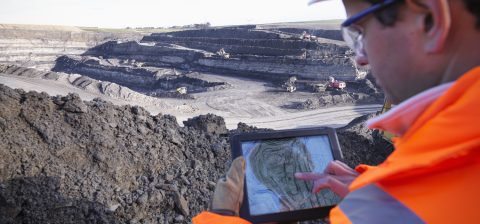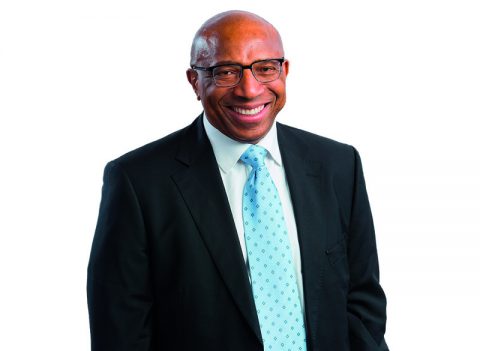Infrastructure
Using Technology To Overcome Infrastructure Challenges
The key to driving South Africa’s economy forward and improving the lives of its people lies in the more effective delivery of improved education and healthcare services. The challenge, of course, is that while the country has some large established metro municipalities, it also has large swathes of rural areas. Providing decent education and healthcare opportunities in these remote regions requires a level of out-the-box thinking.
This is where digitalisation comes into play, says Vuyani Jarana, CEO of Vodacom Business. He believes digitalisation can significantly improve operations within the healthcare environment through the implementation of a centralised electronic system.
“Even something as simple as stock control can be improved by having a centralised electronic system that tracks deliveries and shortages. This makes it much easier to ensure that clinics across the country have the right medicine at the right time, due to simply improving overall stock visibility,” he says. “The same centralised electronic system that works for stock control could also assist with the control of patient records.
“Furthermore, such a centralised stock control system allows for better management of both costs and stock – remember that if one clinic has no demand for a particular medicine, this can instead be moved to another area where the demand is high, so it can be used before it expires.”
He adds that digitising information is another way to bring healthcare closer to the people in these rural areas. By assisting healthcare workers to capture data electronically, though the use of tablets and other digital devices, information is brought directly into the system. This is more efficient than processing manual forms, and also less likely to lead to information being lost or captured incorrectly.
“Vodacom Business is currently working with around 3 500 clinics across eight of South Africa’s nine provinces, and has approximately 200 000 unique households and 500 000 unique patients registered in its centralised system,” explains Jarana.
“Furthermore, we are committed to working closely with partners who have strong healthcare backgrounds, and to leveraging our technology expertise and equipment to deliver modern, up-to-date healthcare solutions for all citizens.”
School of technology
Jarana points out that education is as important to the wellbeing of citizens and the nation as healthcare is. Healthcare is closely linked to an individual’s socio-economic situation – and this, of course, is directly linked to education. Therefore, education is the key to uplifting people’s socio-economic circumstances, and thus keeping them healthier.
“When it comes to rural areas, schools here obviously have limited access to decent infrastructure. This means that, firstly, the Department of Education (DoE) has no real view of what is happening within these schools, and secondly, the schools themselves are unable to gain the benefits of the connected world.
“What we do is push social innovation from a technology perspective. Everything we do is focused on achieving three critical elements: any technology we implement needs to reduce the time required to achieve a good outcome; it must deliver at a large scale and have a massive impact; and it must be cost-effective.”
Jarana says a balance needs to be found between profit and purpose. As ICT systems traditionally come at a huge cost, the company has developed a school administration system as a mobile application. It encompasses incident reporting, the capturing of vital information and asset management, to name just a few, and effectively fits in your pocket.
“Moreover, since it is mobile, it is much easier to ensure connectivity for the system, even in more remote areas of the country. The advantage of this solution is that it is much easier to know exactly what is happening in a specific school. By tracking results, it is simple to identify students who are struggling and in what subjects they are struggling. This, in turn, means that when the DoE sends education specialists to the school, they already know where the problems lie and can thus arrive with relevant interventions.”
At the same time, he says, Vodacom is working on ways to remotely connect rural schools with their counterparts in the cities. Just imagine if you could remotely link rural schools with some of the top education institutions in the country – you would be able to give these rural children access to the best teachers, regardless of how remote their school is.
“Vodacom is committed to improving the lives of South Africans through the application of technology. Our work in the healthcare and education fields demonstrates a classic case of a large telco repurposing its network and technology for social purposes. Our ultimate goal is to help to solve the major social challenges of our time,” he concludes.







 Sign-up and receive the Business Media MAGS newsletter OR SA Mining newsletter straight to your inbox.
Sign-up and receive the Business Media MAGS newsletter OR SA Mining newsletter straight to your inbox.